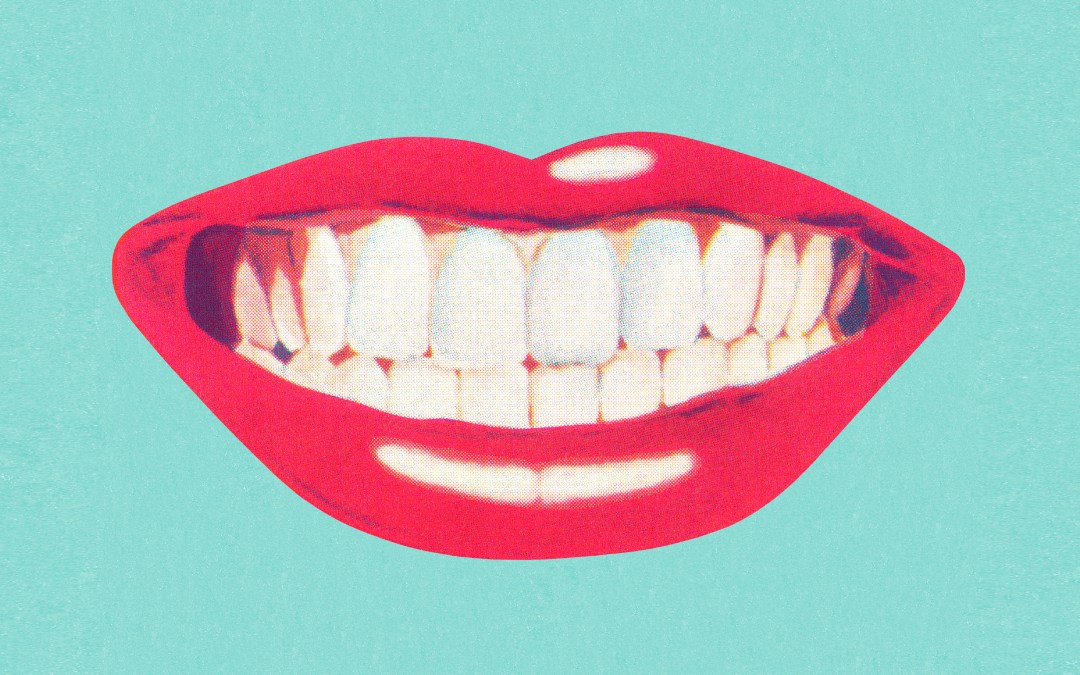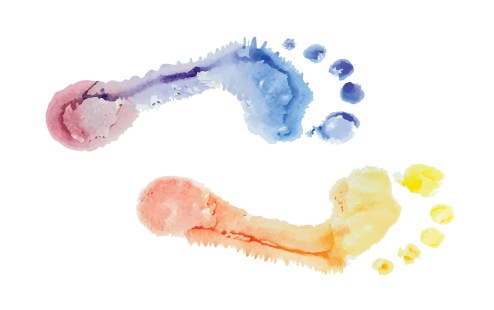How can I look after my teeth and gums?
Each month, leading integrative health expert Dr Andrew Weil gives his definitive answer to a medical question

Problems with teeth and gums can have wide-ranging effects on the body. For example, low-grade inflammation associated with gum disease (gingivitis or, in its more severe form, periodontitis) may play a role in the development of cardiovascular disease, dementia, diabetes and even some forms of cancer.
Good oral hygiene contributes towards good overall health, starting with brushing twice a day. Use a soft-bristled toothbrush, be gentle and don’t forget to clean your tongue, either by brushing it or using a tongue scraper. Bacteria that hide in the tongue’s crevices can contribute to tooth decay and bad breath. Electric toothbrushes may do a better job of removing plaque than manual brushes.
Fluoride in toothpaste and mouthwash can help prevent cavities and strengthen enamel. Fluoride is only toxic in large doses and is safe when used topically. I recommend using toothpaste that contains fluoride, as well as myrrh (a natural antibacterial) or chlorine dioxide (a germicide) – they can be found in health food shops and online. You should also floss at least once a day.
Flossing helps to remove plaque and debris from between your teeth and under the gum line. People with gum disease might benefit from massaging a paste of baking soda and hydrogen peroxide into their gums once a day. Leave the paste on for a few minutes before rinsing. Small clinical trials suggest that taking coenzyme Q10 (CoQ10) could also prevent gum inflammation. Liquid or chewable forms of vitamin C may erode enamel and damage teeth. The best way to get rid of stains is to have teeth professionally cleaned by a dental hygienist, but rinsing your mouth with water after drinking tea, coffee, cola or wine can help keep teeth free of discolouration.
Whitening agents work best if your teeth are yellowed. Some of these products can induce sensitivity, but it’s short-lived.
Most people experience tooth sensitivity at some time in their lives under ordinary circumstances. If it persists, see your dentist to uncover and treat the underlying cause, such as the presence of a cavity. Sugary foods do contribute to tooth decay but you need not fear them – just don’t eat too much of them.
Contact your dentist about any significant changes that you notice in your mouth, such as persistent pain, swelling, or if you detect a mass or an ulcer that won’t heal. Honey, molasses and maple syrup, my personal favourite, often stick to your teeth, so be thorough but gentle when brushing after enjoying them.
Finally, see your dentist every six months so that any problems can be detected and corrected early. While you’re there, ask the dental hygienist to show you the best ways to brush and floss.
Illustration: iStock









